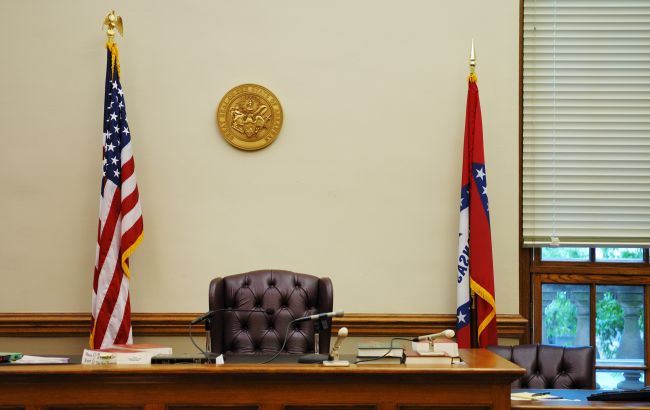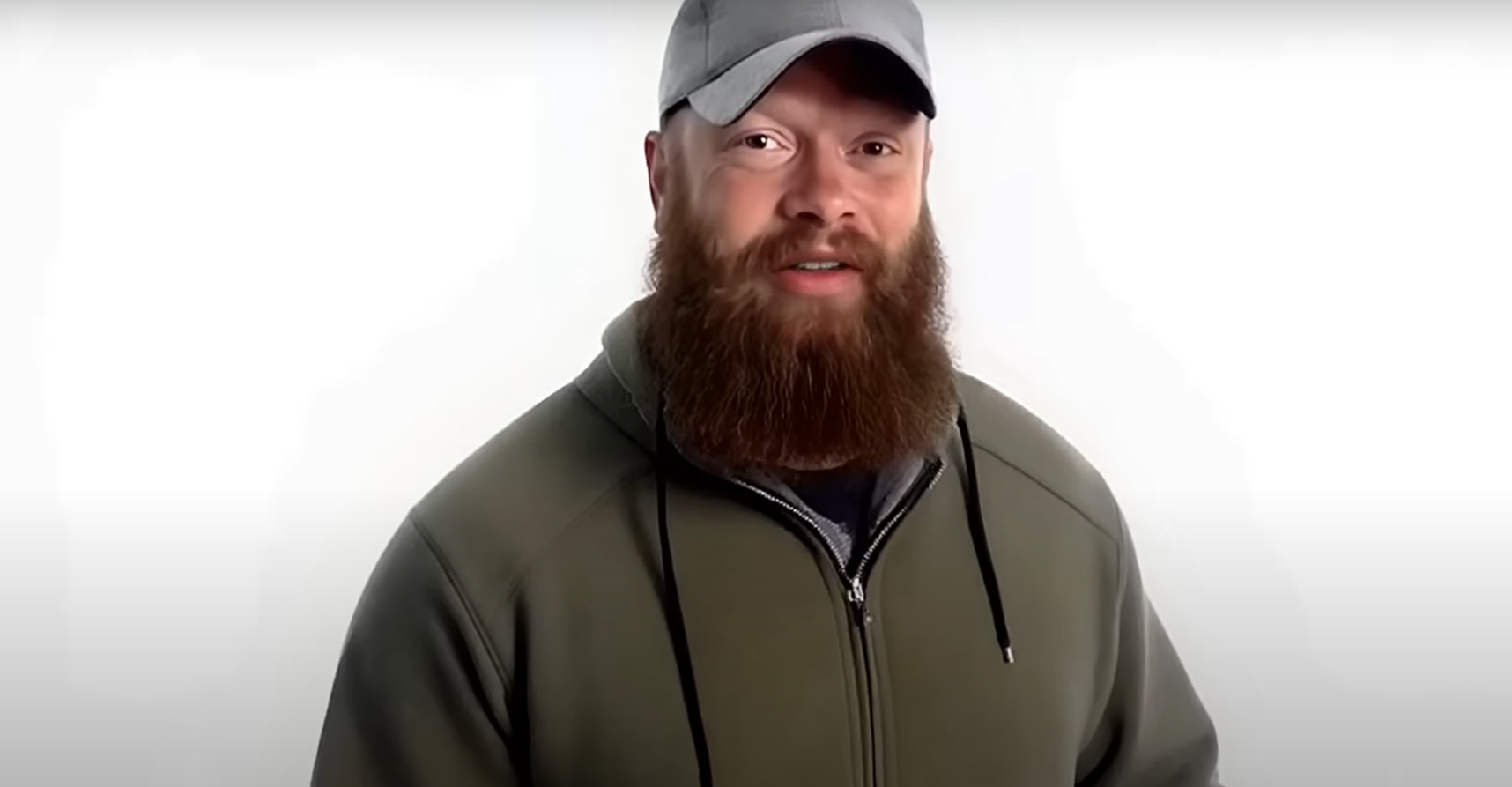AI brings murder victim's forgiveness to life in Arizona courtroom
 AI makes a murdered man speak again in Arizona courtroom (Illustrative photo: Getty Images)
AI makes a murdered man speak again in Arizona courtroom (Illustrative photo: Getty Images)
A groundbreaking use of artificial intelligence stunned a courtroom in Maricopa County, Arizona, when a digital recreation of a murder victim delivered a message of forgiveness to his killer during sentencing, The New York Times reports.
Christopher Pelkey, a 37-year-old Army veteran killed in a 2021 road rage incident, appeared posthumously on a courtroom screen through a lifelike AI-generated video.
The avatar, based on Pelkey's image and voice profile, was created by his sister Stacey Wales with help from her husband and their business partner.
 AI avatar of Christopher Pelkey speaks (Screenshot: YouTube)
AI avatar of Christopher Pelkey speaks (Screenshot: YouTube)
The project used a YouTube clip of Pelkey discussing PTSD and a funeral poster to reconstruct his appearance.
"It is a shame we encountered each other that day in those circumstances," the AI likeness said in court. "In another life, we probably could have been friends. I believe in forgiveness and in God, who forgives. I always have and I still do."
Superior Court Judge Todd Lang responded emotionally, stating, "I loved that A.I… I heard the forgiveness. And I know Mr. Horcasitas appreciated it, but so did I."
 AI recreation of Pelkey Shown at sentencing (Screenshot: YouTube)
AI recreation of Pelkey Shown at sentencing (Screenshot: YouTube)
Legal and ethical reactions to unprecedented moment
The AI-generated victim impact statement, disclosed clearly at the start as artificial, was played only during the sentencing phase of the trial and not during the conviction process.
Gabriel Horcasitas, 54, was sentenced to the maximum of 10.5 years for the fatal shooting of Pelkey at a red light.
Legal experts are split: some fear emotional manipulation and a lack of evidentiary standards, while others see no legal issue due to the absence of a jury during sentencing.
Defense attorney Jason D. Lamm acknowledged the difficulty in blocking such content at sentencing, citing broad latitude for victims' statements.
Meanwhile, Brooklyn Law School professor Cynthia Godsoe warned, "It's clearly going to inflame emotions more than pictures… It's such a slippery slope."
On the other hand, Maura Grossman, an AI ethics expert on the ABA task force, argued that the video posed no ethical or legal concerns, emphasizing, "There's no jury that can be unduly influenced."
This emotionally powerful blend of technology and justice has ignited nationwide debate on whether AI has a place in the courtroom — and if so, where to draw the line.

